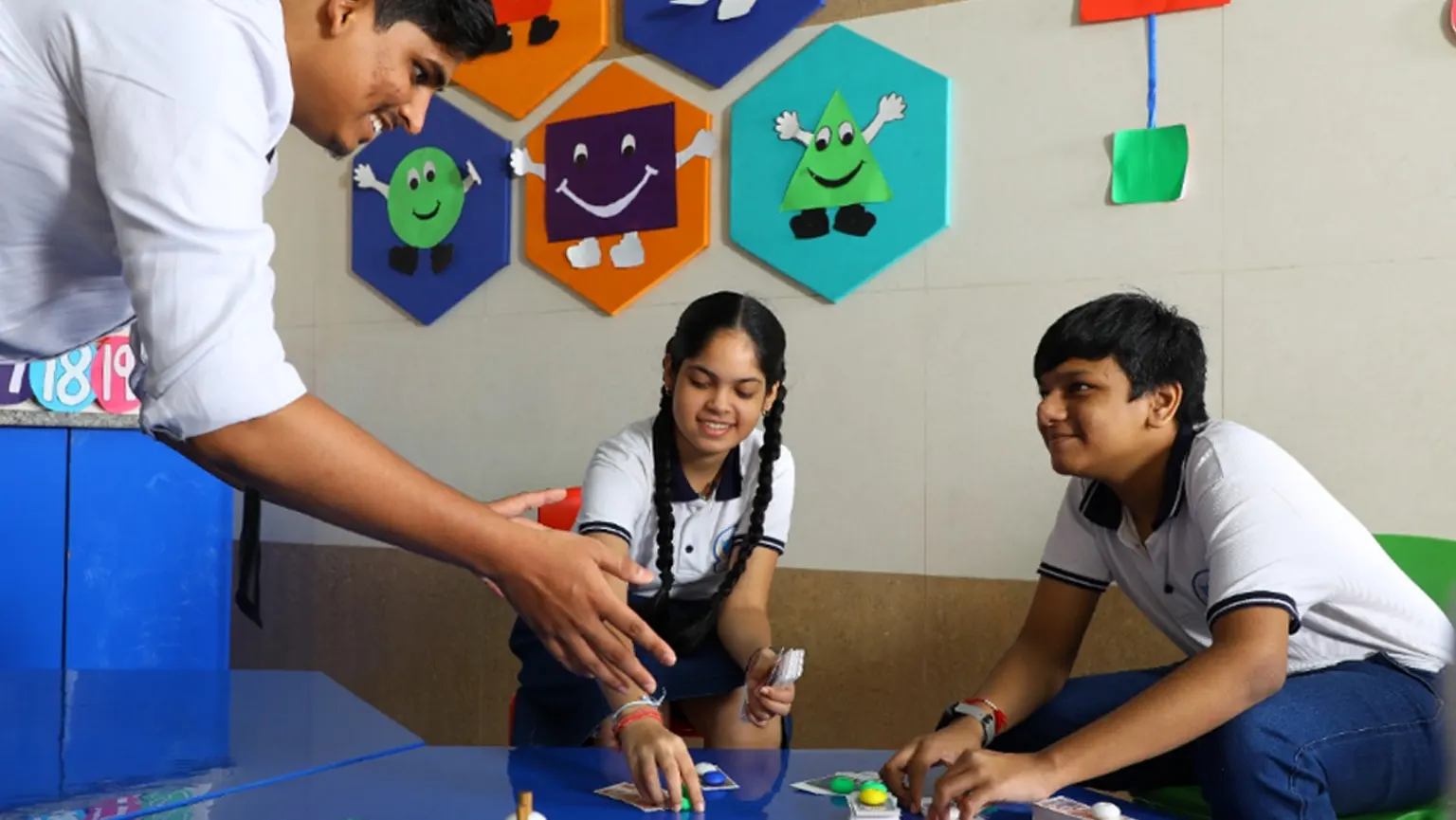There is no aspect of life on our planet that cannot be programmed using mathematics. We are surrounded by algorithms, fractions, sequences, multiplications, and other mathematical operations. One example of a mathematical analysis that is critical for survival in the modern world is the ability to manage money, so even if you dislike math, you must learn the basics.
Most people struggle with mathematics because they lack conceptual understanding, which is one of the primary reasons why they do not enjoy the subject and miss out on a variety of academic and professional opportunities. Math values must be instilled in young children through fun and modern techniques for them to develop critical thinking skills and lifelong concept understanding.
Thakur School of Global Education presents some suggestions for parents on how to help their children learn mathematics more effectively:
- Communicate with your child's math teacher
- Technological Assistance
- Mathematics Game
- Keep in mind that your child is unique
Engage in open and frequent communication with your child's math teacher
A child spends a significant amount of time in school from the age of five to the age of sixteen, and these are the exact years during which their minds and skills develop. So, if you want your child to master math, keep in touch with his or her math teacher so that they can keep you updated on progress, areas for improvement and provide valuable feedback. Furthermore, it allows you to express to the teachers your concerns about their overall development.
Seek technological assistance
Children are fascinated by technology. A toddler can now operate a smartphone, young children can play games or watch videos. As a result, we have a fantastic opportunity to use the internet, smartphones, and mobile apps to assist children in learning math. There are numerous apps and websites available online that can help young children learn math in an engaging manner.
Consider mathematics to be a game
Math is nothing more than a game of numbers, so do not treat it like a memorised novel. Before you and your child can play together, you must first help your child understand the game’s rules. This will allow them to practise frequently until they master the game. Ask kids to complete division and multiplication exercises to help them establish a math routine.
Keep in mind that your child is unique
Never make comparisons between your child and another child. Some people excel in algebra, while others excel in geometry and fragments, and still others excel in a completely different subject. According to research, comparison can often demotivate and frustrate children.
Also Read: Offering financial literacy to budding learners in five different ways!
To summarise, Thakur School of Global Education believes that in order for children to understand mathematics, they must have two characteristics: a desire to practise, and a desire to practise some more. Therefore, our teachers also engage students in math lab where students get hands-on experience to understand the fundamental of mathematics and potential for new discoveries. It not only enables the students to apply their knowledge of mathematical concepts and facts in real-world situations but also gives them more opportunities to use their hands and minds together, which helps with cognition. With these ticked off, you can be confident that your child will develop a problem-solving mindset and eventually excel in math.





